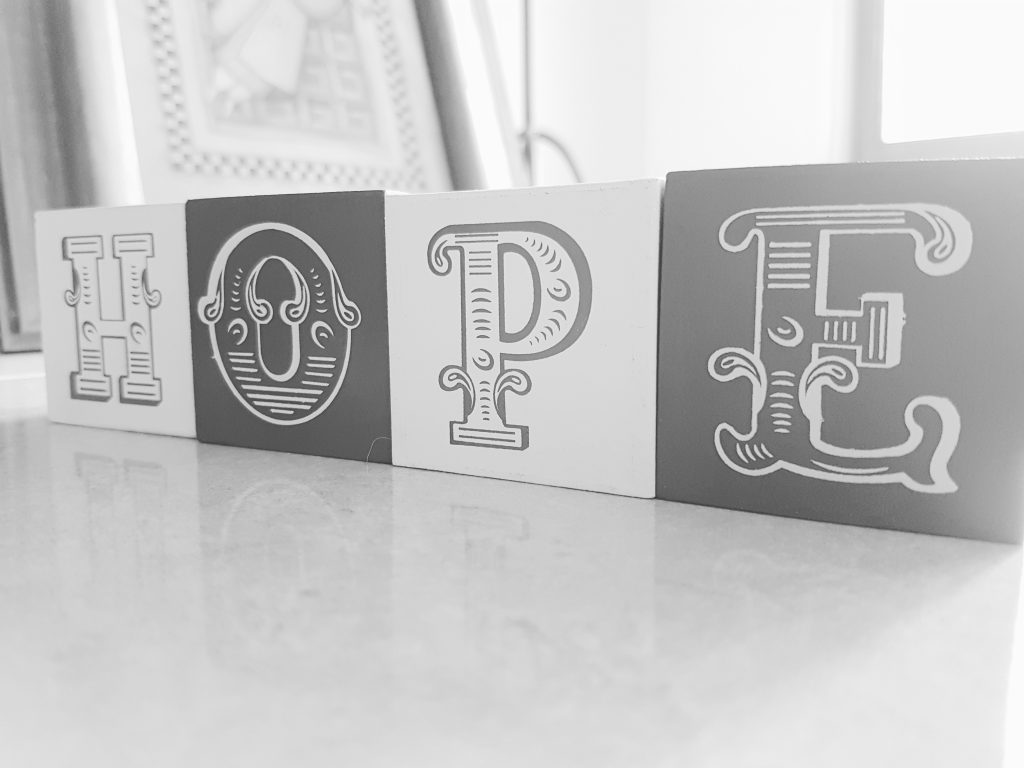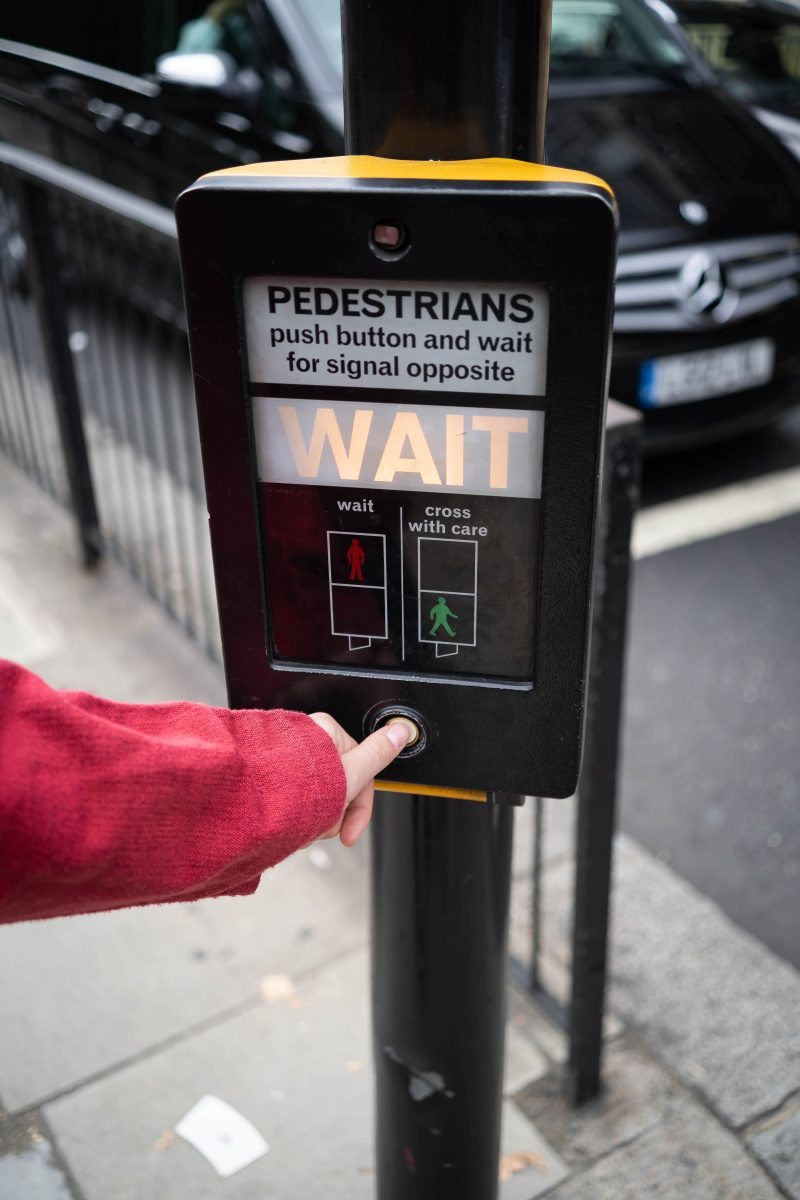How perspective and patience help us stay sober
Albert Einstein developed great mathematical theories long before the days of computers. However, he was given a special room compromised almost entirely of blackboards on which to do his complicated math. Every day when he left, he would leave a note on each blackboard that said either “erase” or “do not erase.” One day, the blackboard cleaner came into the room and saw that Einstein had written “erase” except in one small corner on each blackboard. Here he marked off a square in which he wrote the famous formula, and under that, he wrote: “do not erase.” The formula was 2 + 2 = 4. With his great mathematical mind, Einstein could range into the complicated far beyond the capacity of most people. He had a sense of humour and a grasp of the importance of basics.
One of the significant blocks of recovering addicts is our tendency to complicate a situation. Give most of us five minutes alone with a simple problem, and we can create a maze that defies imagination. This tendency was prevalent before recovery began, but our capacity for complication continues well into recovery. The Twelve Step fellowship has a slogan: “Keep it Simple”.
The simplicity of life is not being simpleminded. Some of us may have a natural predisposition toward a more ordered and simpler lifestyle than others. However, all of us tend to let our lives be unnecessarily cluttered. The clutter becomes an actual block to achieving serenity in recovery because we find ourselves, unaware at times, amid contradictions.
An example of contradiction might be when we wanted to drink or use and yet still stay sober and not cause trouble. Contradictions lead us to create conflicts in ourselves because we are charging into reality and attempting to mould it to our desires. When we keep it simple and direct, we can conform to reality and have a much greater chance of sustaining our recovery.
Sometimes we need to share our views and expectations to see if they are contradictory. If they are, we need to let go of one desire in favour of another or place it on hold for a while. For example, someone may wish to complete training for a new career, develop some hobbies, and pursue a relationship. These need not be in conflict, but they may be. It might be necessary to give priority to one over the other. In each instance, however, we need to keep in line with the principles of abstinent living. If taking steps to fulfil some of our goals would conflict with our basic recovery program, we could cause problems. Keeping it simple, in this case, means sharing our desires and hopes with others so that we get feedback and keep them from being in conflict. We need to keep our recovery in proper perspective.

Hope and patience
For most alcoholics and addicts, patience has not been one of their strong suits. If anything, we have tended to be people who want it all NOW. To stay sober is not to demand. Some of us know ourselves well enough to realize we often overreact in response to our thoughts and desires. We have to learn patience to stay sober. Again, many recovering persons’ shared experiences and strengths have taught us that even our wildest wishes can be fulfilled, but not necessarily on our schedule.
Impatience can be an enemy of sobriety. Impatience has ruined many a relationship or career. WE may have acted too quickly, without consultation or prayer, and ruined a friendship. We can learn from our mistakes o impatience the value of taking time. Patience is not simply waiting and watching the grass grow. Patience is waiting for the results of our consistent efforts.
It is helpful to share with another the difficulty of waiting and acknowledge our tendency toward impatience. We can share our expectations with a fellowship member, sponsor or our addiction therapist. By sharing, we develop perspective and avoid some of the dangers when we become too demanding.
There is no neat formula for all of this. The art of being clean and sober is acquired through practice, which means we all make mistakes. But there is hope even in that. We can learn to develop a sense of personal timing regarding when to act and when to wait.

Freephone: 0800 140 4044
Local rate: 0300 330 3040

